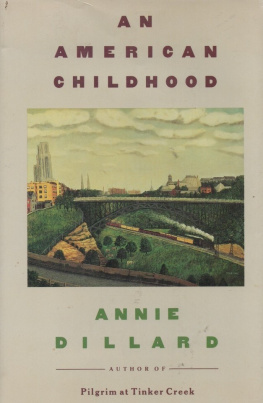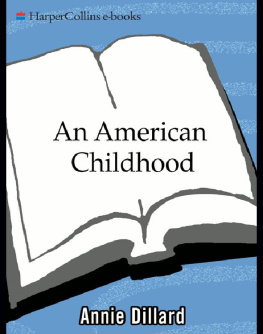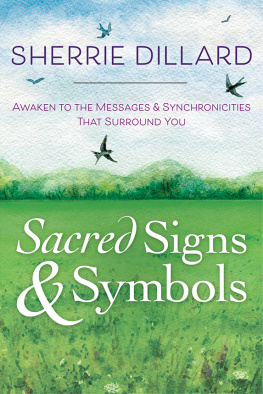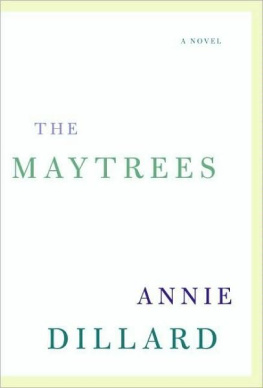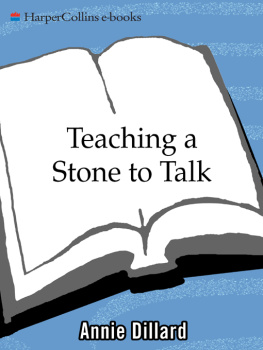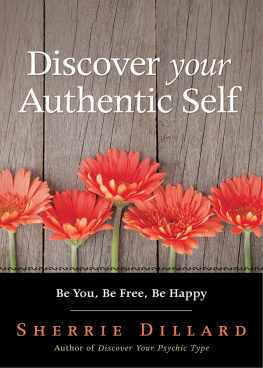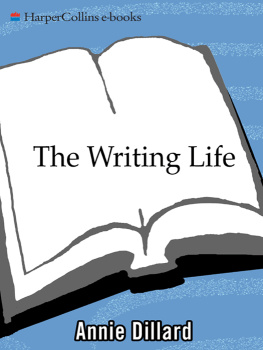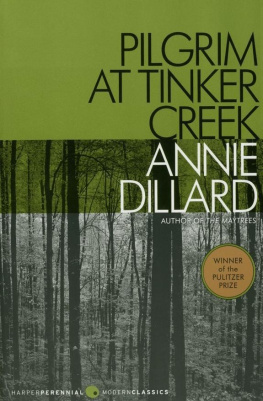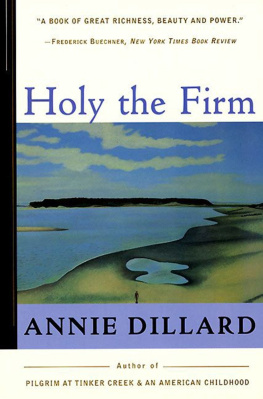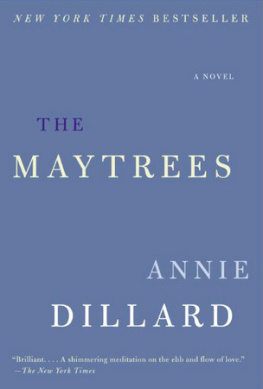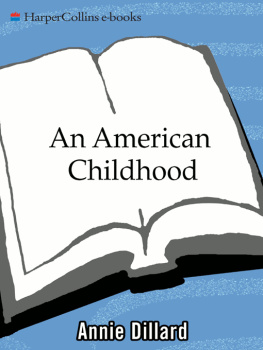Dillard - An American childhood
Here you can read online Dillard - An American childhood full text of the book (entire story) in english for free. Download pdf and epub, get meaning, cover and reviews about this ebook. City: Pittsburgh (Pa.), year: 2016, publisher: Harper Collins;Canongate, genre: Non-fiction. Description of the work, (preface) as well as reviews are available. Best literature library LitArk.com created for fans of good reading and offers a wide selection of genres:
Romance novel
Science fiction
Adventure
Detective
Science
History
Home and family
Prose
Art
Politics
Computer
Non-fiction
Religion
Business
Children
Humor
Choose a favorite category and find really read worthwhile books. Enjoy immersion in the world of imagination, feel the emotions of the characters or learn something new for yourself, make an fascinating discovery.
- Book:An American childhood
- Author:
- Publisher:Harper Collins;Canongate
- Genre:
- Year:2016
- City:Pittsburgh (Pa.)
- Rating:5 / 5
- Favourites:Add to favourites
- Your mark:
An American childhood: summary, description and annotation
We offer to read an annotation, description, summary or preface (depends on what the author of the book "An American childhood" wrote himself). If you haven't found the necessary information about the book — write in the comments, we will try to find it.
A book that instantly captured the hearts of readers across the country,An American Childhood is Pulitzer Prize-winning author Annie Dillards poignant, vivid memoir of growing up in Pittsburgh in the 1950s.
Annie Dillard remembers. She remembers the exhilaration of whipping a snowball at a car and having it hit straight on. She remembers playing with the skin on her mothers knuckles, which didnt snap back; it lay dead across her knuckle in a yellowish ridge. She remembers the compulsion to spend a whole afternoon (or many whole afternoons) endlessly pitching a ball at a target. In this intoxicating account of her childhood, Dillard climbs back inside her 5-, 10-, and 15-year-old selves with apparent effortlessness. The voracious young Dillard embraces headlong one fascination after another--from drawing to rocks and bugs to the French symbolists. Everywhere, things snagged me, she writes. The visible world turned me curious to books; the books propelled me reeling back to the world. From her parents she inherited a love of language--her mothers speech was an endlessly interesting, swerving path--and the understanding that you do what you do out of your private passion for the thing itself, not for anyone elses approval or desire. And one would be mistaken to call the energy Dillard exhibits inAn American Childhoodmerely youthful; still I break up through the skin of awareness a thousand times a day, she writes, as dolphins burst through seas, and dive again, and rise, and dive.
From Publishers WeeklyDillards luminous prose painlessly captures the pain of growing up in this wonderful evocation of childhood. Her memoir is partly a hymn to Pittsburgh, where orange streetcars ran on Penn Avenue in 1953 when she was eight, and where the Pirates were always in the cellar. Dillards mother, an unstoppable force, had energies too vast for the bridge games and household chores that stymied her. Her father made low-budget horror movies, loved Dixieland jazz, told endless jokes and sight-gags and took lonesome river trips down to New Orleans to get away. From this slightly odd couple, Dillard (Teaching a Stone to Talk acquired her love of nature and taut sensitivity. The events of childhood often loom larger than life; the magic of Dillards writing is that she sets down typical childhood happenings with their original immediacy and force.
Copyright 1987 Reed Business Information, Inc.
Dillard: author's other books
Who wrote An American childhood? Find out the surname, the name of the author of the book and a list of all author's works by series.

